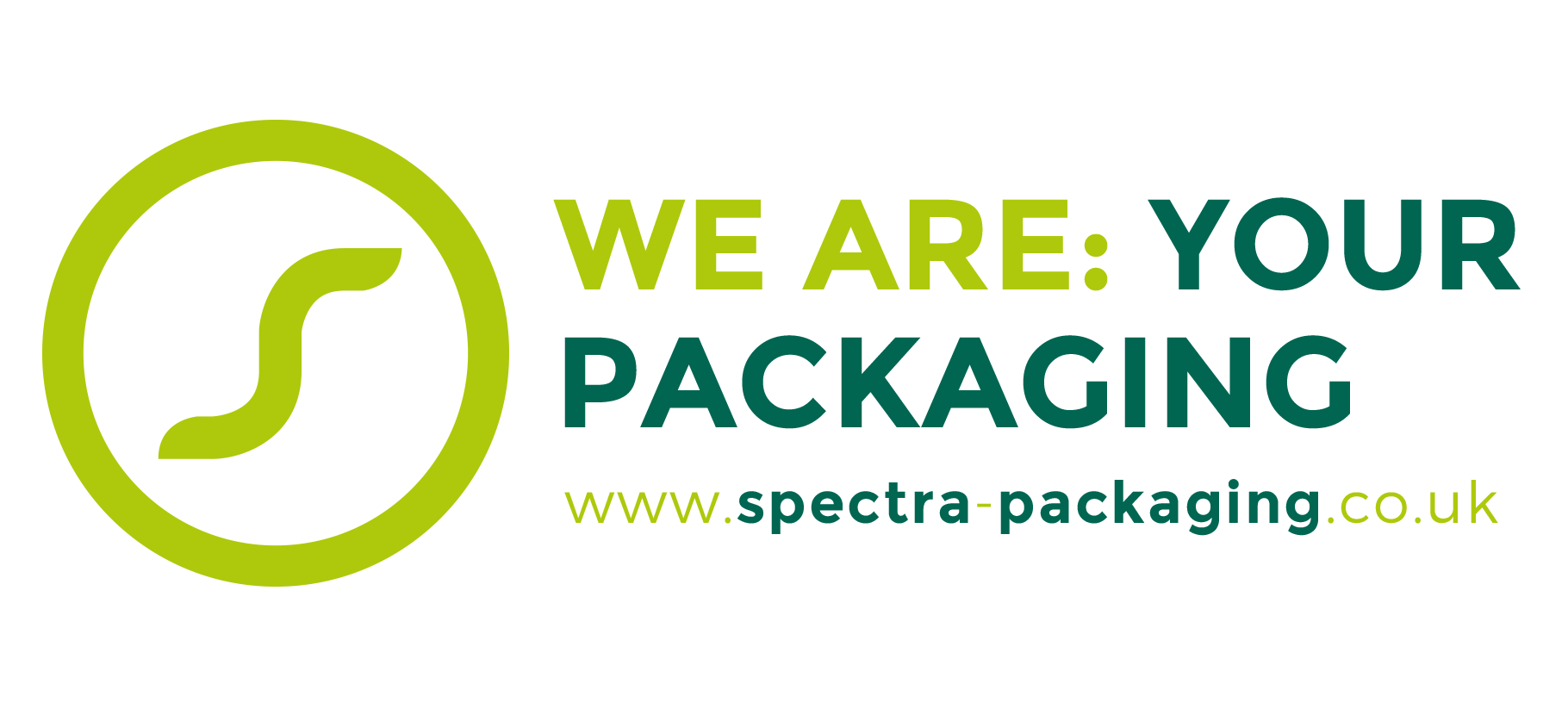Spectra's Sales Director, Jonathan Powell, feels the news is a significant milestone in the company's 14-year history.
He said, "From day one, Spectra has strived to be at the forefront of environmental responsibility, from how we conduct ourselves as a plastics manufacturer to the products we provide for our customers. Our aim has always been to minimise our impact on a per-container basis. Equally, we believe we have an extended responsibility for what happens to plastics at the end of their life, irrespective of their original purpose".
He added, "Our partnership with Bantam Materials, who run the POP programme, provides a clear and unified vision that looks beyond reactive answers with proactive solutions to ocean plastic waste. We passionately see this as a genuine vision to protect the environment for future generations".
Prevented Ocean Plastics are recycled plastics made from discarded bottles collected within 50km (30 miles) of an ocean coastline or major waterway that feeds into the ocean, typically in Southeast Asia, South America, the Galapagos Islands, the Mediterranean and Central America and the Caribbean.
In such regions, infrastructures are overwhelmed by population growth and tourism and lack of robust waste management infrastructures and collection incentives, a combination that exposes wildlife and ecosystems to a significant risk of plastic contamination.
The programme prevents ocean plastic pollution at scale, providing quality-grade robust recycled plastic supplies that support local communities and allow brands complete traceability of their recycled materials in their products – from beaches of origin to the final production-ready flake or pellets.
Proof of the programme's effectiveness is in the impressive data. For example, the POP programme is proven to divert over one thousand tonnes of plastic from entering the ocean every month, with evidence indicating that 80% of ocean plastic comes from land-based sources in developing coastal communities. The POP scheme helps halt such issues before they become a problem.
Apart from the undeniable environmental advantages of POP, one of the significant appeals for Spectra are the socio-economic benefits of the programme. Indeed, the programme commits $100,000 per day back to the communities they work with, supporting and incentivising developing communities on the frontline of plastic waste to generate reliable incomes that sustain scalable socio-economic growth.



